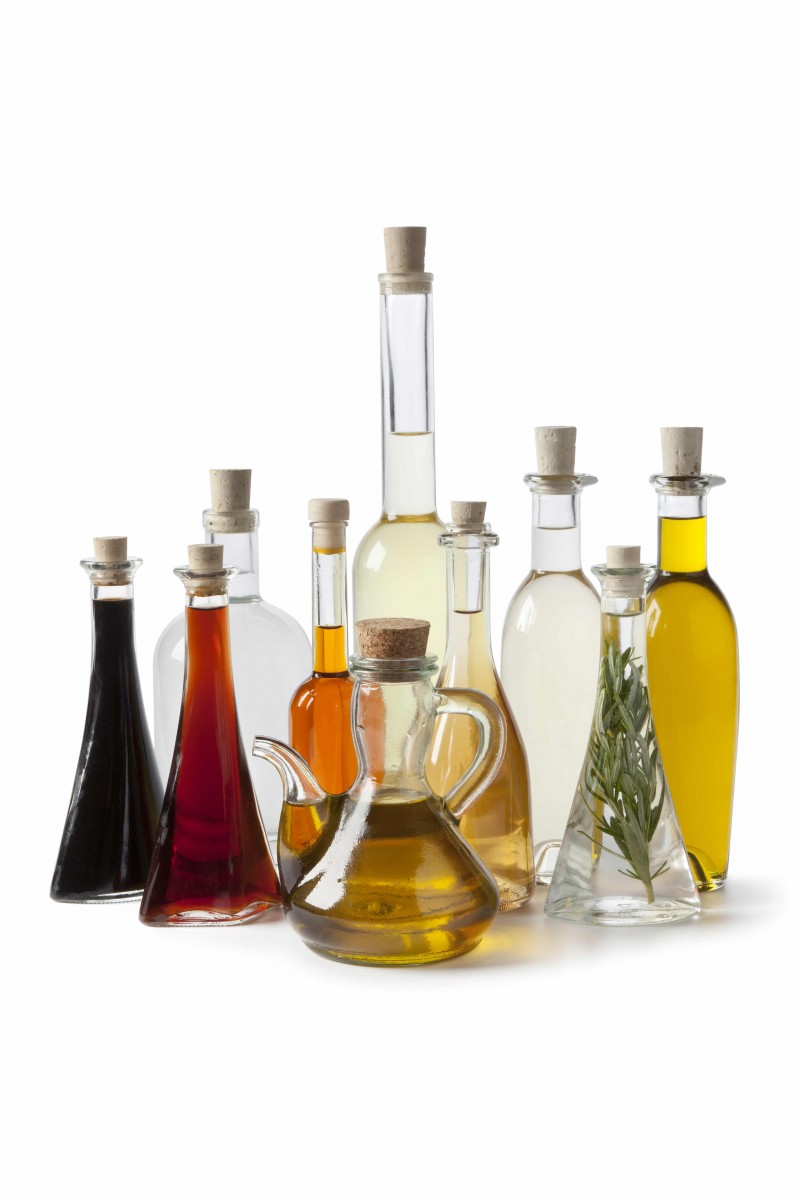
Did You Know?
Consuming small amounts of vinegar—one to two tablespoons — before a meal, such as in salad dressing, can reduce high levels of glucose in diabetics.
During November, National Diabetes Month, or at any time, there could be sweet news for the 29.1 million people the U. S. Centers for Disease Control and Prevention estimates have diabetes.
According to Dr. Carol S. Johnston, professor and associate director of the Nutrition Program in the School of Nutrition and Health Promotion at Arizona State University, vinegar can be part of a diet strategy to manage blood glucose.
Here’s why: Eating foods that are high in starch, such as bread and rice, causes surges in blood glucose levels, Dr. Johnston explains. These high levels of blood glucose have been linked to higher or increased cardiovascular disease risk in healthy populations and can also increase complications among those with type 2 diabetes.
Consuming small amounts of vinegar—one to two tablespoons — before your meal, however, can reduce these high levels of glucose, she says.
In fact, for individuals with type 2 diabetes, studies have shown that consuming vinegar prior to meals on a daily basis can significantly reduce blood levels of A1c, a key indicator of average blood glucose concentrations.
In addition to consuming vinegar alone, consuming foods high in vinegar is an option. Vinegar is found in pickled products and salad dressings and can also be consumed before a meal on a salad.

Consuming small amounts of vinegar—one to two tablespoons — before a meal, such as in salad dressing, can reduce high levels of glucose in diabetics.
In addition to adding vinegar to your diet, other helpful changes can include:
Diabetes is a disease in which blood glucose levels are above normal. Most food you eat gets turned into glucose, or sugar, for your body to use for energy. The pancreas makes a hormone called insulin to help glucose get into the cells. If you have diabetes, your body either doesn’t make enough insulin or can’t use its own insulin as well as it should. This causes sugar to build up in your blood.
Diabetes can have serious health complications including heart disease, blindness, kidney failure and lower-extremity amputations. Diabetes is the seventh leading cause of death in the United States, but you don’t have to be in such statistics. The International Life Sciences Institute reports that “Several studies have demonstrated that vinegar can help reduce hyperglycemia, hyperinsulinemia, hyperlipidemia and obesity.”